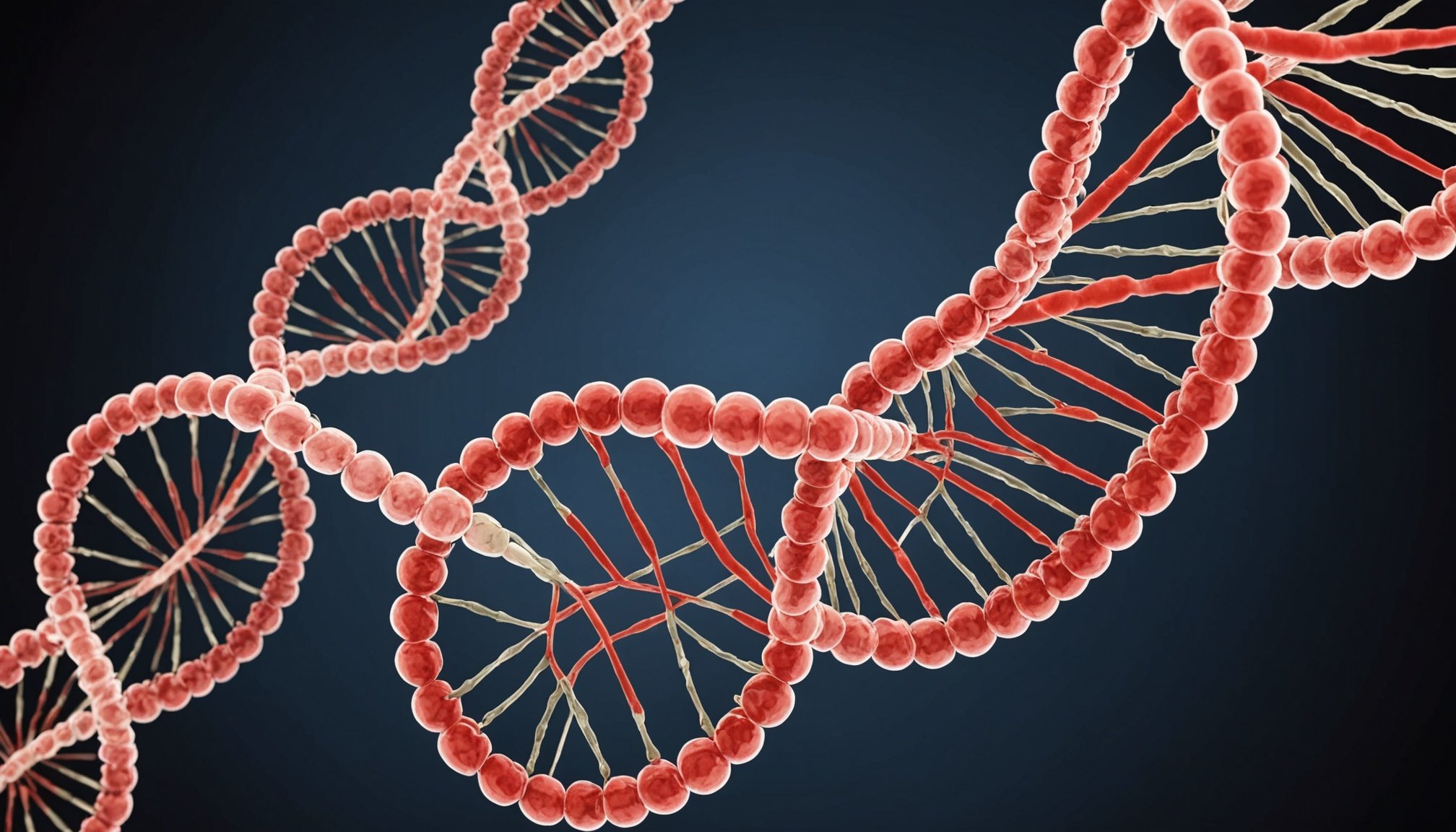In the journey towards motherhood, understanding the role of genetics in prenatal health can be both empowering and crucial. As expectant mothers, you may find yourselves navigating a myriad of tests and screening options, all aimed at ensuring a healthy baby. With advances in prenatal testing, it is possible to identify genetic conditions that may pose risks to the fetus or predict birth defects and syndromes. This article aims to provide comprehensive insight into how genetics influences prenatal health, the types of genetic screening available, and how you can make informed decisions to best support the health of your child.
Understanding Genetics and Its Role in Prenatal Health
Genetics, the study of genes and heredity, plays a pivotal role in prenatal health. Each one of us carries a unique set of chromosomes inherited from our parents. These chromosomes contain DNA, which carries the instructions for the development and functioning of the body. During pregnancy, genetic factors can influence the health of the fetus in many ways.
Additional reading : How can cultural beliefs and practices shape the experience of pregnancy and childbirth?
Prenatal Genetic Influence: At the core of prenatal health is the genetic makeup of the fetus. Certain chromosomal abnormalities, such as Down syndrome, can be detected through genetic testing. Such conditions can arise from extra or missing chromosomes or mutations within a gene.
Potential Risks: Genetic conditions can result in a range of health issues, from minor problems to severe birth defects. It is critical to understand that while some conditions are inherited, others can occur spontaneously.
Also to see : How can pregnant women use mindfulness practices to enhance their overall pregnancy experience?
While not every pregnancy will encounter genetic complications, being informed about potential risks and testing options can empower you to take proactive steps in supporting a healthy pregnancy. Consulting with a genetic counselor can provide personalized insights and help you understand family history risks.
Types of Prenatal Genetic Testing and Screening
Prenatal tests can offer valuable insights into the genetic health of your unborn child. These tests can be broadly categorized into screening tests and diagnostic tests, each serving a different purpose in assessing risk and determining conditions.
Screening Tests: These tests are typically non-invasive and aim to evaluate the overall risk of the fetus having a genetic disorder. Common screening tests include the nuchal translucency screening, combined first-trimester tests, and the blood test for cell-free DNA. While these cannot definitively diagnose a condition, they can indicate if further testing might be necessary.
Diagnostic Tests: These are more invasive and provide a definitive diagnosis. They include procedures like amniocentesis and chorionic villus sampling (CVS). While these carry a slight risk of miscarriage, they allow for a detailed analysis of chromosomal and genetic conditions.
Understanding the difference between these tests and discussing them with healthcare professionals can assist in making informed choices that align with your preferences and concerns.
Managing Potential Genetic Risks During Pregnancy
As you embark on the journey of pregnancy, managing potential genetic risks involves informed decision-making and comprehensive prenatal care.
Consultation and Counseling: Engaging with genetic counselors can provide clarity and support. These professionals offer guidance based on your genetic background and the results of any prenatal testing. Understanding your family history and any hereditary conditions can also be a key factor in navigating potential risks.
Lifestyle and Health Choices: While genetics play a significant role in prenatal health, lifestyle changes can also positively influence outcomes. Maintaining a balanced diet, exercising regularly, and avoiding harmful substances are crucial steps. Regular prenatal check-ups ensure that any potential issues are identified and addressed timely.
Psychological Support: The prospect of genetic testing can be daunting. Emotional support, whether through professional counseling or support groups, can help you manage anxiety and stress, ensuring a more positive and empowering pregnancy experience.
The Future of Genetics in Prenatal Care
The landscape of prenatal care is continuously evolving, with advancements in genetic research paving the way for more accurate and comprehensive testing. As technology progresses, the potential for early detection and intervention in genetic conditions becomes more promising.
Innovative Techniques: From advanced imaging techniques to non-invasive prenatal testing (NIPT), the future of prenatal care is geared towards increased safety and precision. These innovations focus on obtaining detailed genetic information with minimal risk to the fetus.
Personalized Medicine: The shift towards personalized medicine emphasizes tailored healthcare approaches based on individual genetic profiles. This approach can lead to more effective management strategies for potential genetic complications, providing better outcomes for both the mother and child.
As we look towards the future, the role of genetics in prenatal health will continue to expand, offering new possibilities for ensuring the well-being of the next generation.
Genetics plays a crucial role in shaping prenatal health and identifying potential complications. As expectant mothers, understanding the interplay between genetics and prenatal care empowers you to make informed decisions about your pregnancy. With a range of testing options available, navigating the complexities of genetic risks becomes manageable with the right information and support. As science advances, so too does the potential for improved outcomes, ensuring that your journey to motherhood is safe and informed. By embracing the possibilities of genetic insights, you can look forward to a healthy and promising future for you and your baby.











